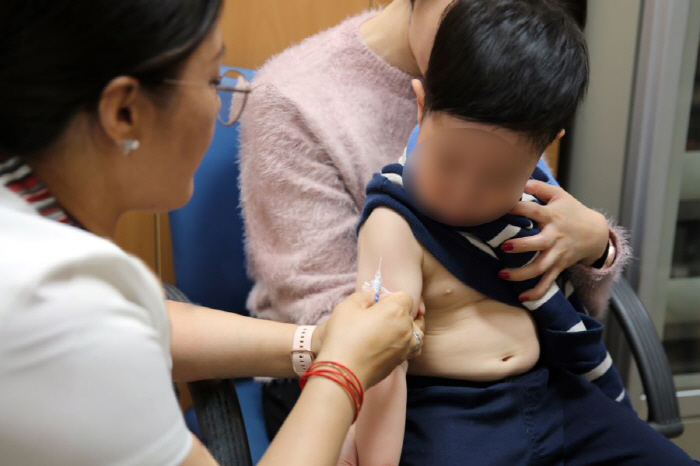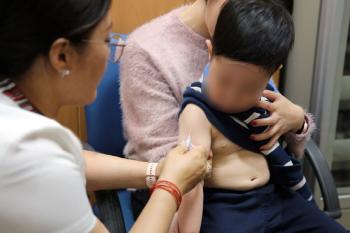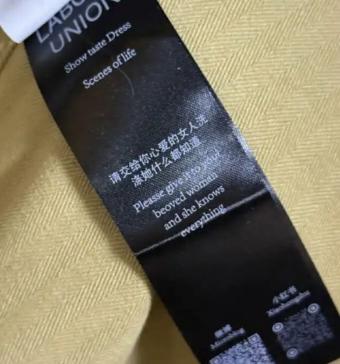It's not too late to get the flu vaccine...Effect of suppressing severe exacerbations in high-risk groups
Nov 26, 2025
|
If you have already caught or passed the flu before vaccination, you may feel less of a need for flu vaccination, but because there are several subtypes of the flu virus, it is advisable to consider vaccination because you can be infected once you have caught it.
The flu vaccine takes about two weeks to form antibodies after inoculation. In Korea, the flu shows a pattern of the first wave from December to January of the following year and then the second wave from March to April, so you can expect the effect even if you get inoculated in late November or early December. In addition, the purpose of the flu vaccine is not only to prevent infection itself, but also to reduce serious complications, especially in high-risk groups. It helps to reduce the risk of progressing to severe disease such as pneumonia, hospitalization, etc. during the rest of the epidemic.
Yoon Ji-hyun, a family medicine professor at Korea University's Anam Hospital, said, `Just because the epidemic has begun does not mean that the vaccination period has been raised, and if you haven't already, you should complete the vaccination by early December.' `Especially for high-risk groups, vaccination as soon as possible may be beneficial for health care.'
People aged 65 or older, people with chronic diseases such as heart disease, lung disease, diabetes, pregnant women, infants and children, immunocompromised people, and workers in medical institutions and nursing homes are strongly recommended to get the flu vaccine every year. Professor Yoon said "In high-risk groups, flu infection can lead to serious complications such as pneumonia and respiratory failure"If you or your family have a high-risk group in close range, vaccination and personal hygiene management can reduce the risk of severe complications as well as flu infection."
Just because you've had the flu once a season doesn't mean you can feel safe. Flu can be reinfected with other types of A or B viruses, and flu vaccines are designed to prepare for multiple types of viruses at the same time. The flu vaccines used in Korea this year are two types of A (H1N1 and H3N2) and a trivalent vaccine, including type B Victoria. The type B Yamagata family, which was included in the existing tetravalent vaccine, has not been detected worldwide since March 2020, so it has been excluded since this year according to World Health Organization (WHO) recommendations. The preventive effect and safety of the trivalent and tetravalent vaccines are equal, and they are optimized for viruses that are currently prevalent.
Professor Yoon emphasized, "The flu vaccine is 70 to 90 percent effective in preventing outbreaks in healthy adults, and 50 to 60 percent effective in preventing hospitalization and 80 percent effective in preventing death, although it is slightly lower in preventing outbreaks in those aged 65 and older at 40 percent. In particular, since the epidemic began earlier than usual this year but lasted until spring, we recommend that high-risk groups who have not yet been vaccinated should be vaccinated without delay."
|
This article was translated by Naver AI translator.















